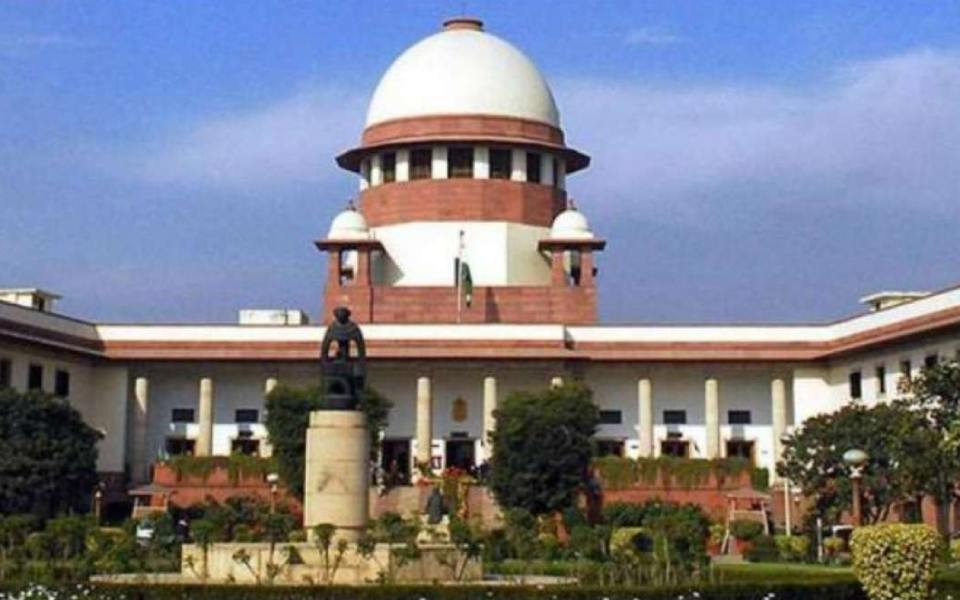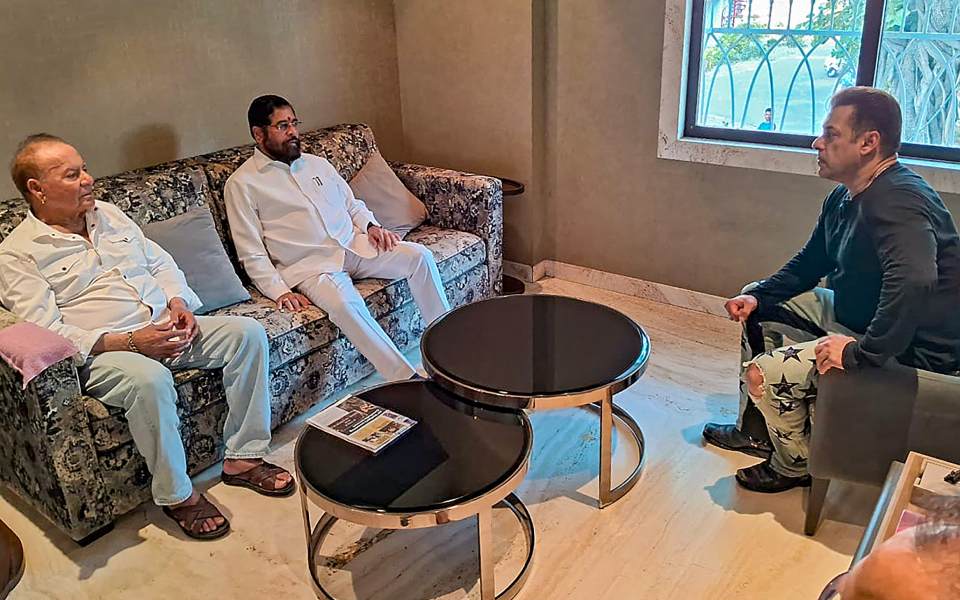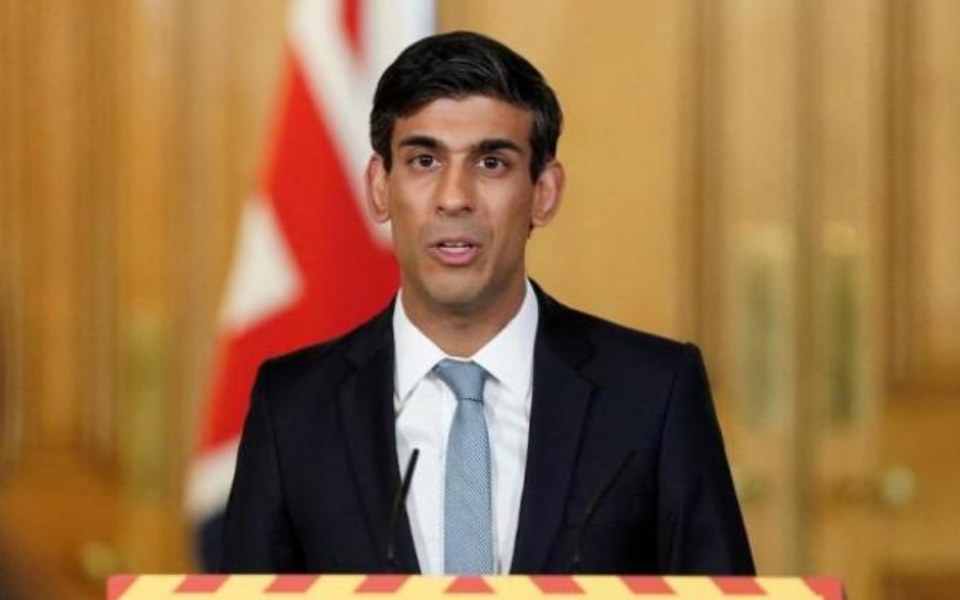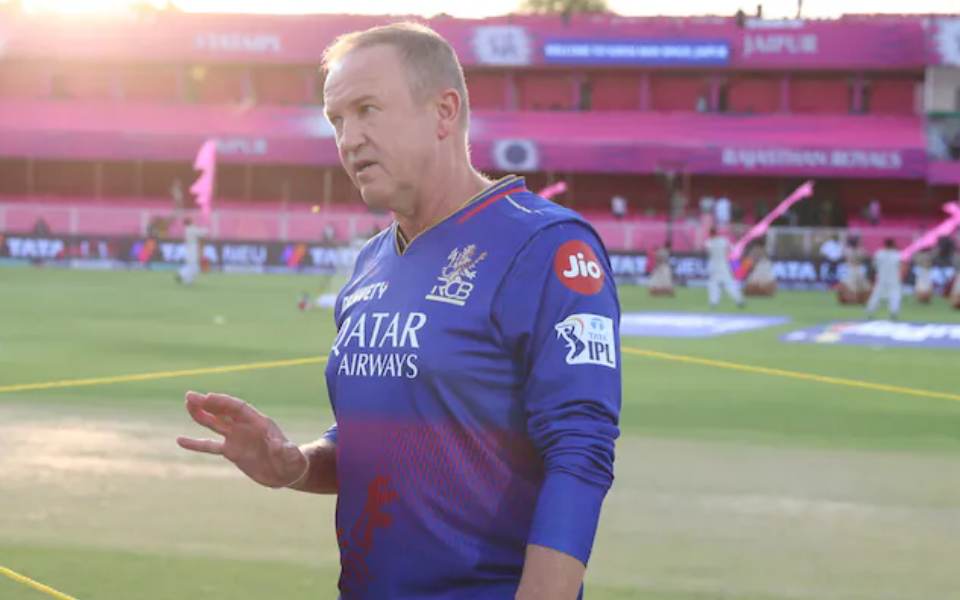New Delhi, April 18: The top four Indian cities are today 149 per cent more congested than comparable cities in Asia and the country is losing over $22 billion a year in peak traffic hours compared to travel time during non-peak hours in those cities, an Uber-commissioned study revealed on Wednesday.
On average, commuters in Delhi, Mumbai, Bengaluru and Kolkata are taking 1.5 times longer to travel a given distance and ridesharing or shared mobility is the only solution to get rid of the traffic menace, said the study titled "Unlocking Cities: The impact of ridesharing across India" by the Boston Consulting Group (BCG).
"We continue to be at the forefront when it comes to unlocking the true potential of ridesharing for India. Through this study, we are hoping to draw the attention of administrators and urban planners on how shared cars and mobility can be part of the solution vs individual car ownership," Amit Jain, President, Uber India and South Asia, told reporters here.
According to the BCG survey, up to 89 per cent of people plan to buy a new car in the next five years.
However, over 79 per cent would refrain from buying a car if ridesharing matches car ownership for affordability and convenience, it added.
The study was launched in the presence of Uber's Global COO Barney Harford, Suresh Subudhi, Partner, BCG and Ann Lavin, Senior Director, Public Policy and Government Relations, Uber APAC.
"If car ownership trends continue, Indian cities risk coming to a complete standstill in only a few years," said Harford.
"Ridesharing can be part of the solution to traffic congestion because it uses technology to get more people into fewer cars. We can unlock our cities and their full potential, but we have to do it together," he added.
In these circumstances, ridesharing would reduce private cars by 33-68 per cent.
By reducing private cars, increasing vehicle utilisation, improving public transport adoption, and optimising infrastructure planning, ridesharing could reduce congestion by 17-31 per cent, the findings showed.
"In the coming months, we will introduce several India-first innovations that will help bring the benefits of ridesharing to many more Indians and enable us to work with the government towards a common goal: reduce private car ownership and expand access to public transit systems," Jain noted.
Overall, travel by public transport accounts for 19 per cent and 54 per cent of kms travelled in Delhi and Mumbai, respectively.
On average, 25 per cent of the private car owners surveyed in Delhi and Mumbai expressed a keen interest in becoming rideshare drivers.
"On-demand ride sharing is a practical way to reduce the number of private vehicles on the road and reduce congestion. It is important to encourage this proactively," said Suresh Subudhi, Global Sector Head -- Infrastructure and Transport, BCG.
Let the Truth be known. If you read VB and like VB, please be a VB Supporter and Help us deliver the Truth to one and all.
New Delhi, Apr 16: The Supreme Court on Tuesday asked various state governments to apprise it in six weeks on the action taken in incidents of mob lynching and cow vigilantism.
A bench of Justices BR Gavai, Aravind Kumar and Sandeep Mehta posted for hearing after six weeks a plea filed by a women's organisation seeking directions to states to take immediate action in consonance with a 2018 verdict of the apex court to effectively deal with incidents of lynching and mob violence against Muslims by cow vigilantes.
"We find that most of the states have not filed their reply affidavits to the writ petition giving instances of mob lynching. It was expected of the states to at least respond to what action has been taken in such cases. We grant six weeks' time to the states who have not filed their replies and also give details of steps taken by them in such cases," the bench ordered.
The top court was hearing a plea filed by the National Federation of Indian Women (NFIW), an organisation linked to the Communist Party of India in which notices were issued last year to the Centre and the DGPs of Maharashtra, Orissa, Rajasthan, Bihar, Madhya Pradesh and Haryana seeking their responses to the plea.
During the hearing, advocate Nizam Pasha, appearing for the petitioner organisation, said that in Madhya Pradesh there was an incident of alleged mob-lynching but the FIR was registered for cow slaughter against the victims.
Pasha submitted, "If the state is to deny the incident of mob lynching, then how can 2018 verdict in Tehseen Poonawalla case will be followed."
In the Poonawalla case, the top court has issued a slew of directions to States to check incidents of cow vigilantism and mob lynching.
The bench questioned the counsel appearing for the Madhya Pradesh government, as how FIR for cow slaughter was registered without chemical analysis of the meat and why no FIR was registered against those involved in the scuffle.
"Are you trying to save someone? How can you register FIR for cow slaughter without even chemical analysis," the bench told the counsel for Madhya Pradesh and asked him to give details of the incident.
Pasha pointed out that same thing happened in Haryana where a case for transporting beef was registered but not mob lynching.
"The states are denying that there were any incident of mob lynching and FIRs are being registered for cow slaughter against the victims. Only two states Madhya Pradesh and Haryana have filed their affidavit on incidents pointed out in the writ petition and interlocutory applications but other states have not filed any affidavit," he submitted.
The bench then passed the order.
Justice Kumar told Pasha that incidents mentioned in the petitions should not be selectively chosen from particular states but all incidents should be mentioned.
Senior advocate Archana Pathak Dave, appearing for one of the states, said that in the writ petition there is specific averment made that Muslim men are mob lynched and there is no mention of mob lynching of people of other religion.
"The relief sought cannot be religion specific," she said.
Pasha submitted this is the reality of the society and incidents against particular communities can be brought before the court.
The bench asked Dave to observe restraint in her submissions, and said, "Let's not go into the incidents on the basis of religion. We should focus on the larger cause."
The top court posted the matter for hearing after summer vacation and ordered that states should file their replies on the steps take to check mob lynching.
On July 28, last year, the top court agreed to hear a plea which sought urgent intervention of the apex court in view of the "alarming" rise in cases of lynching and mob violence targeting Muslims despite clear guidelines and directions issued by the top court in 2018 with regard to cow vigilantes.
"In view of the alarming rise in cases of lynching and mob violence against the Muslim community, the petitioner is seeking a writ in the nature of mandamus to the concerned State authorities to take immediate action in terms of the findings and directions of this court in Tehseen Poonawalla so as to effectively contain and deal with the same," the plea said.
In its 2018 verdict, the top court had held the states have the principal obligation to see to it that vigilantism, be it cow vigilantism or any other vigilantism of any perception, does not take place, and issued guidelines to be adopted by the authorities to deal with such incidents.
The PIL referred to several incidents of mob violence, the most recent being the killing of a 55-year-old truck driver named Jaharuddin on June 28, 2023 in Bihar's Saran district on suspicion of carrying beef. It said the killing happened on the heels of two such incidents in Maharashtra's Nashik.
The PIL sought direction to the Centre to provide a minimum uniform amount to the victims of such violence in addition to the compensation determined by the respective states after considering factors like the nature of bodily injury, psychological injury and loss of earning, including loss of employment opportunities, and legal and medical expenses.




